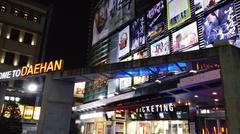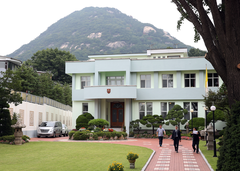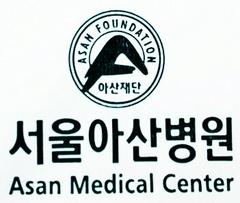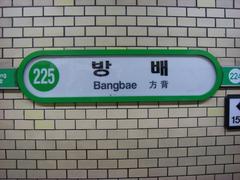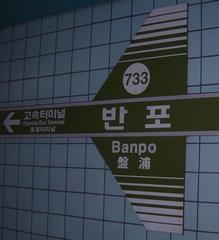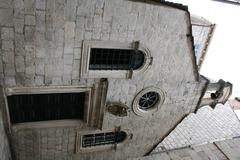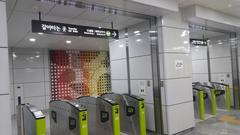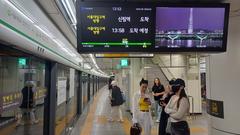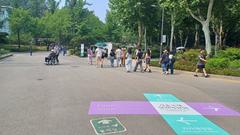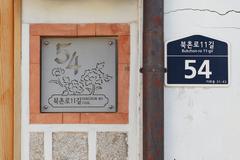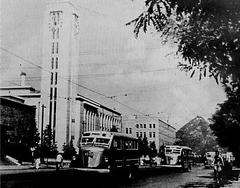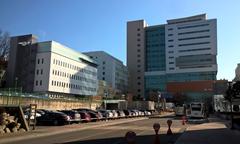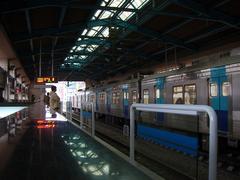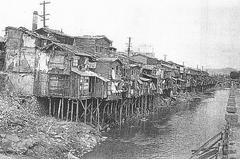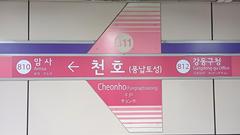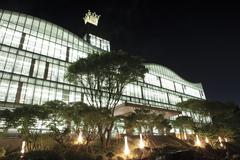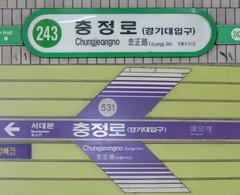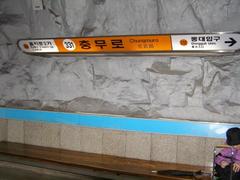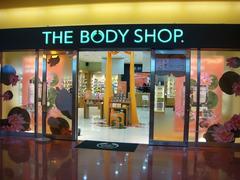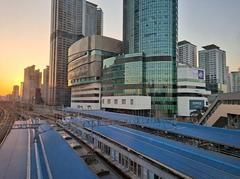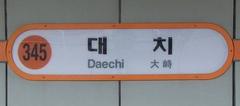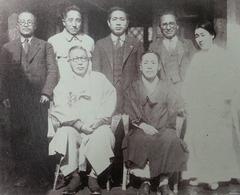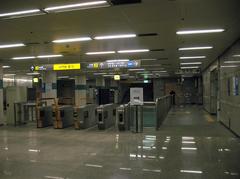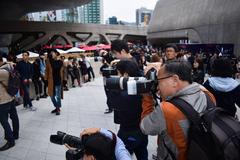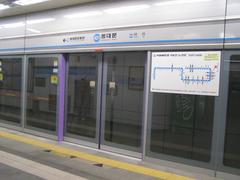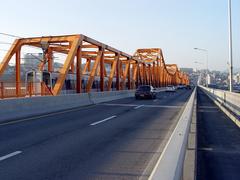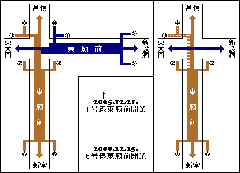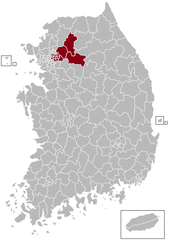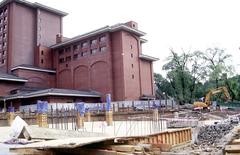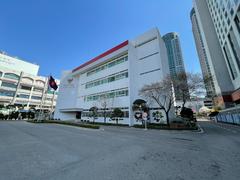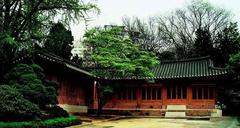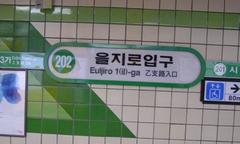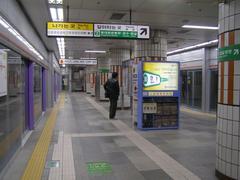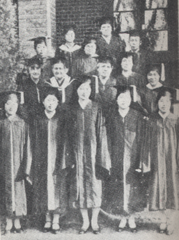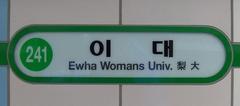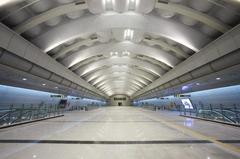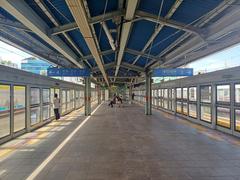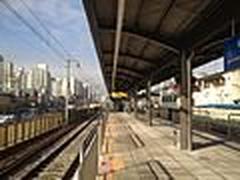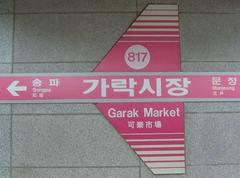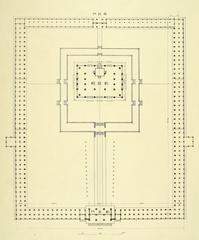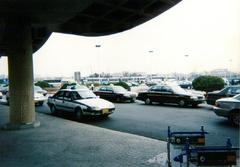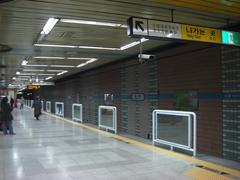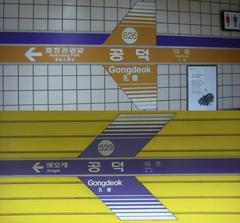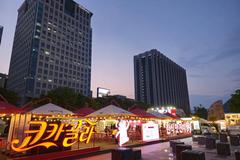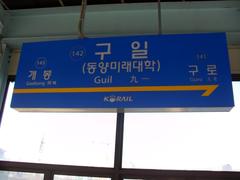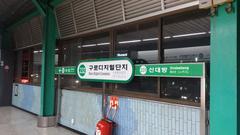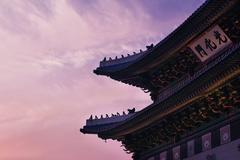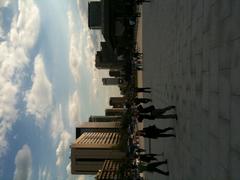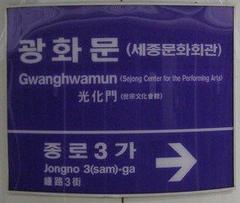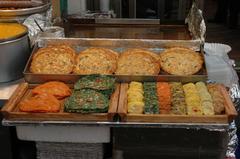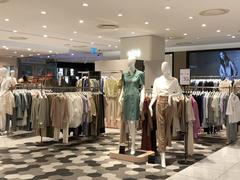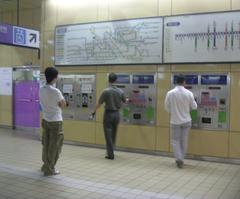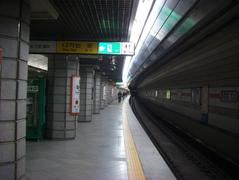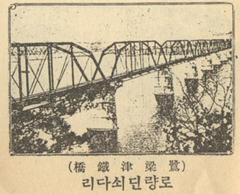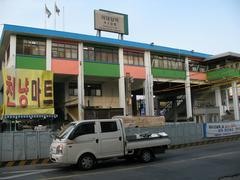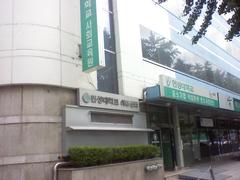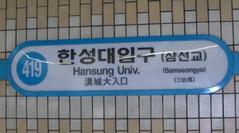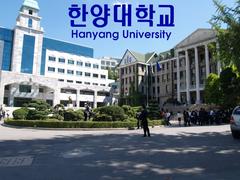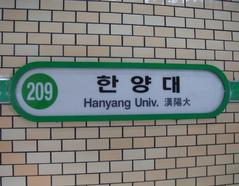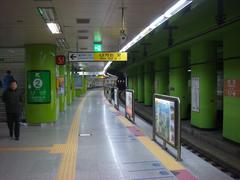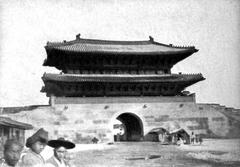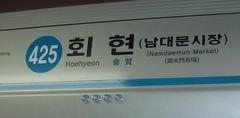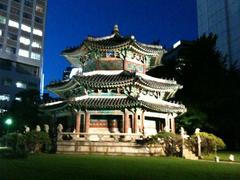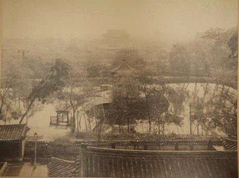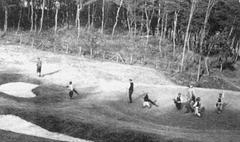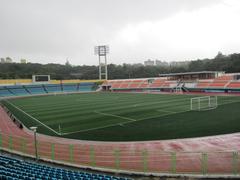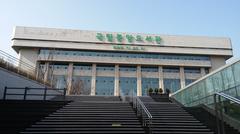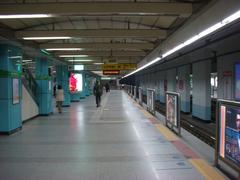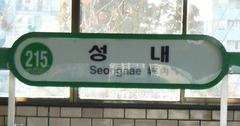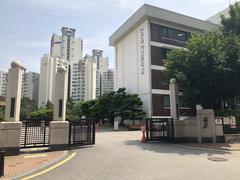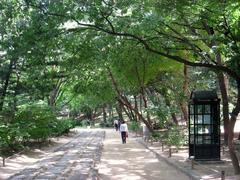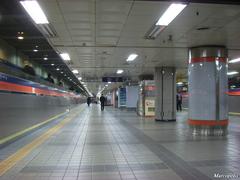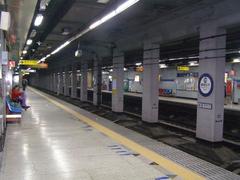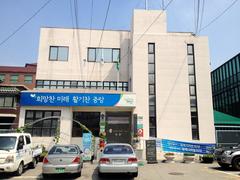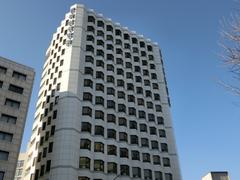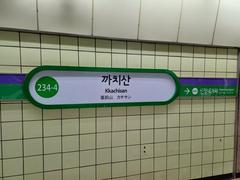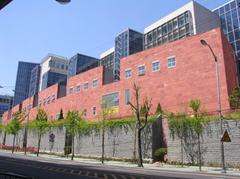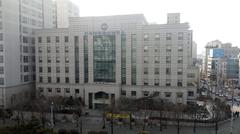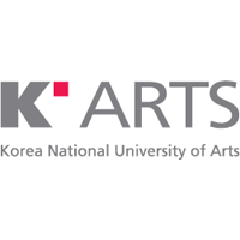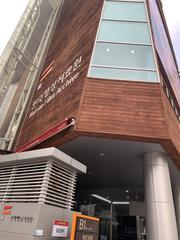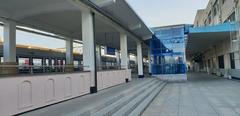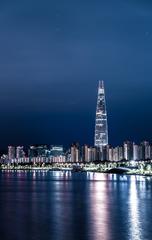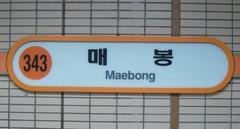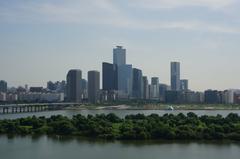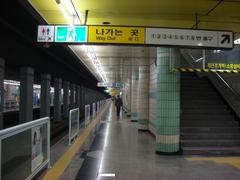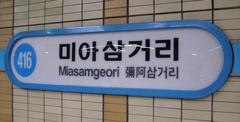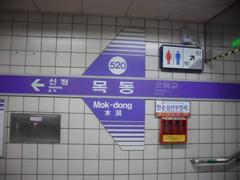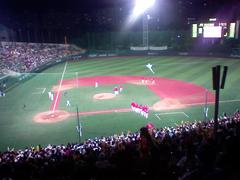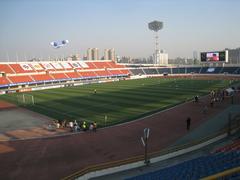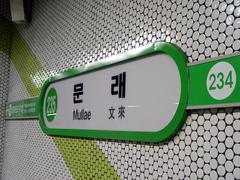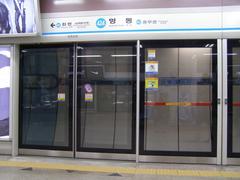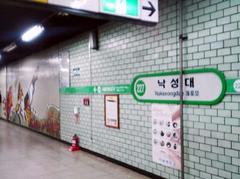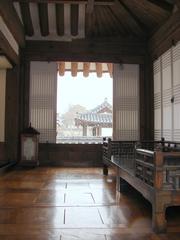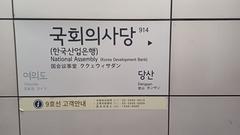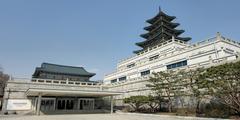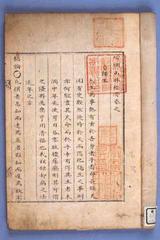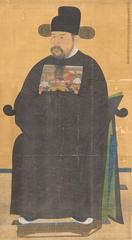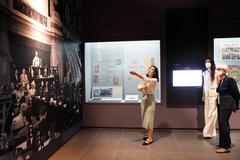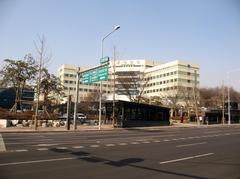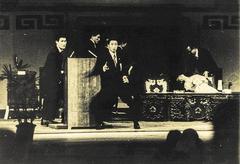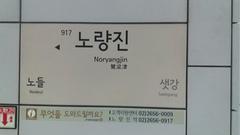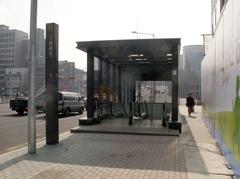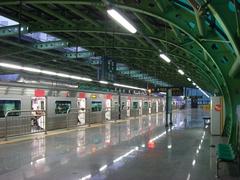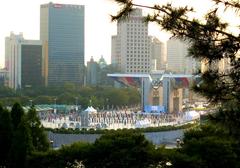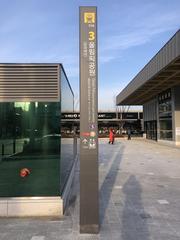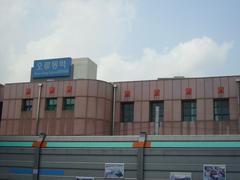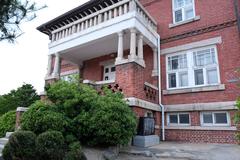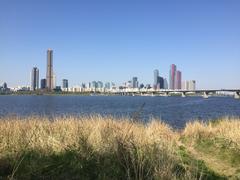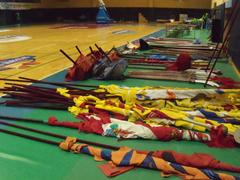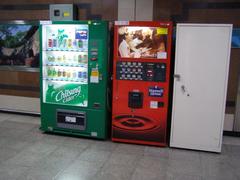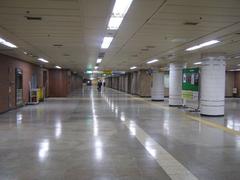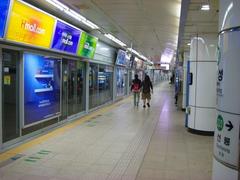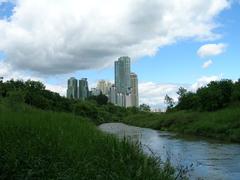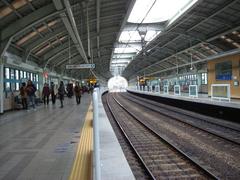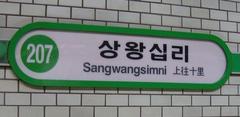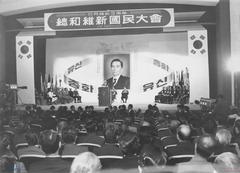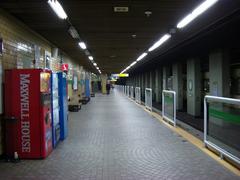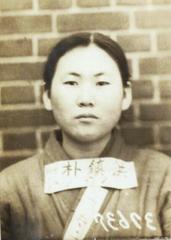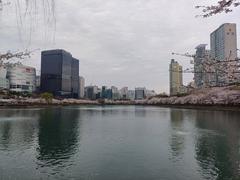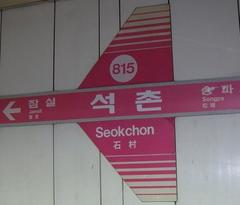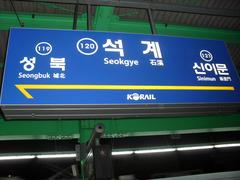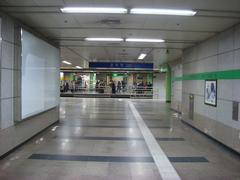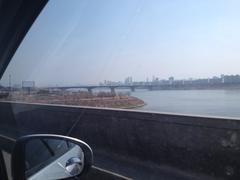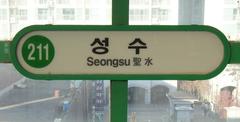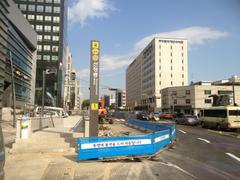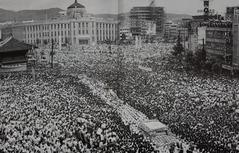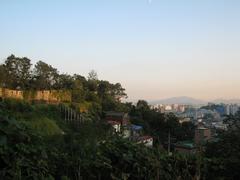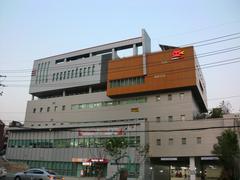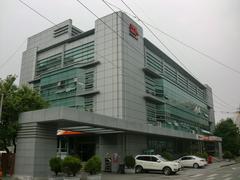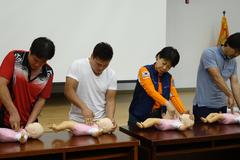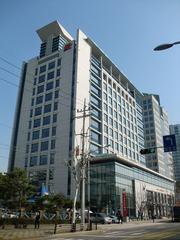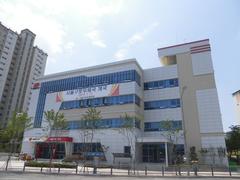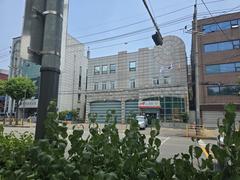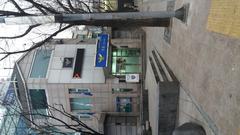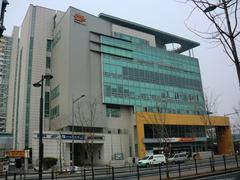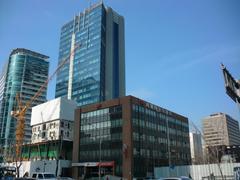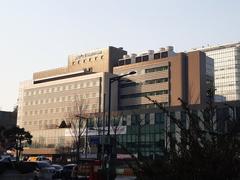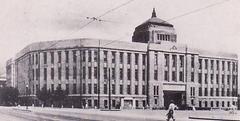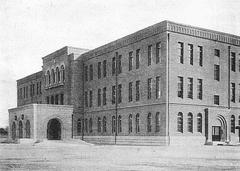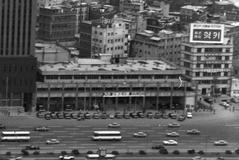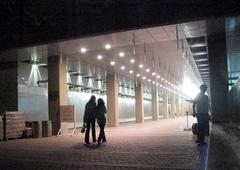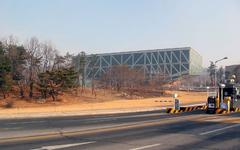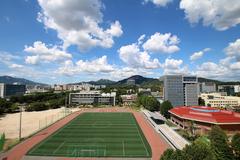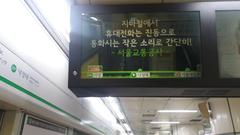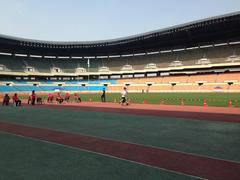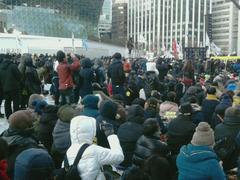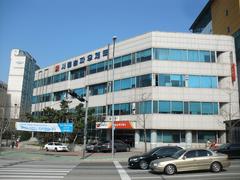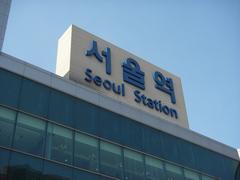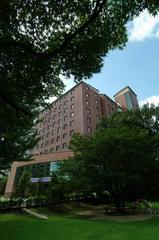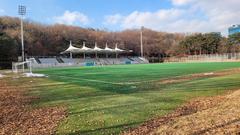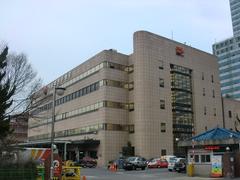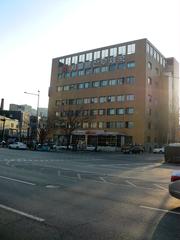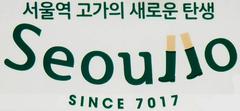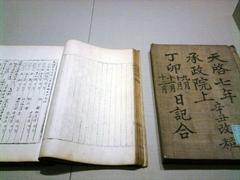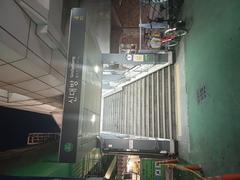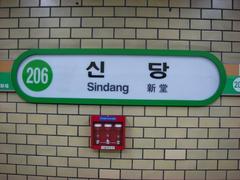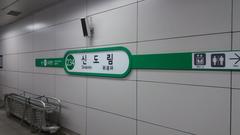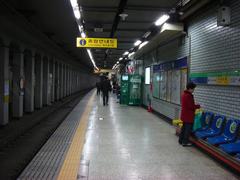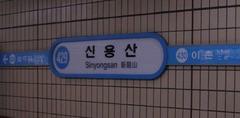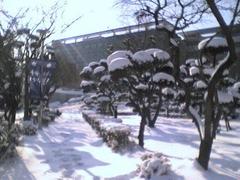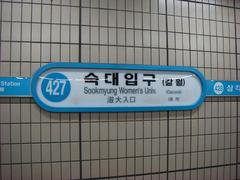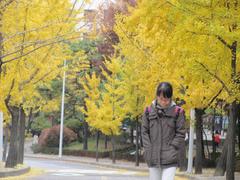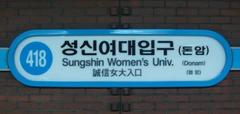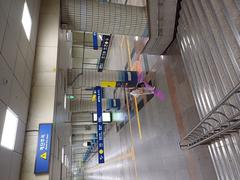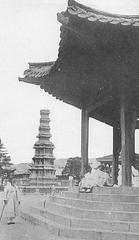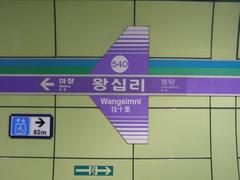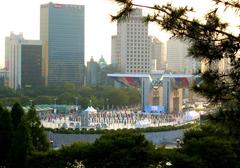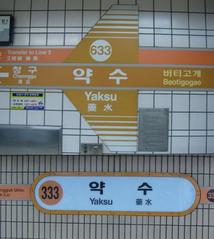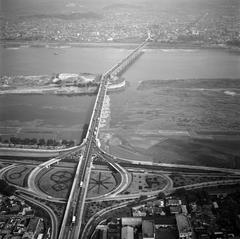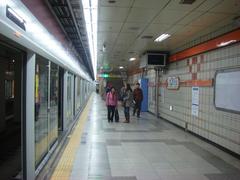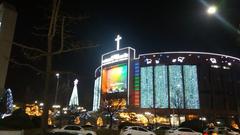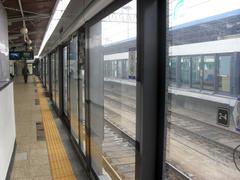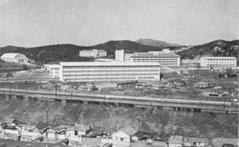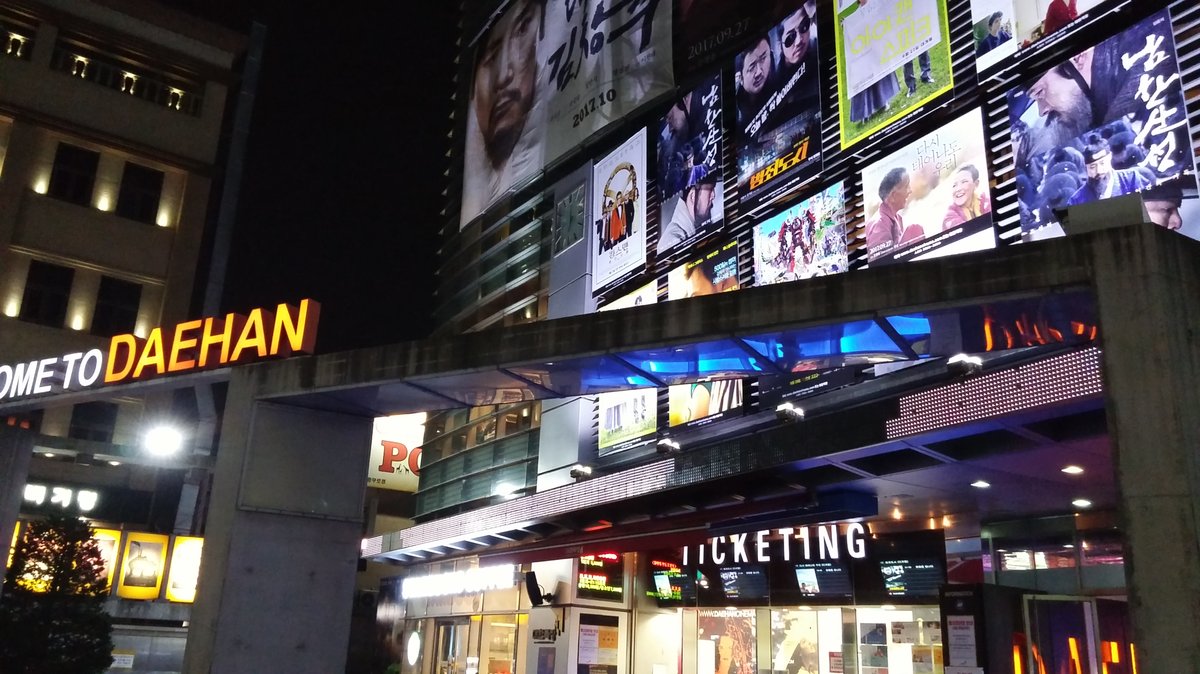
Daehan Cinema Seoul: Visiting Hours, Tickets, and Historical Significance Guide
Date: 15/06/2025
Introduction
Nestled in Seoul’s historic Chungmuro district, Daehan Cinema has served as a cultural cornerstone of Korean film for over six decades. Established in 1958, this legendary theater witnessed the evolution of Korean cinema, from its golden age to the challenges of the digital era. As one of Seoul’s oldest and once-largest single-screen cinemas, Daehan played host to landmark premieres, technological innovations, and generations of cinephiles. Its central location—often called the “Hollywood of Korea”—made it a nexus for filmmakers, artists, and moviegoers, shaping the cultural fabric of both city and nation.
With its scheduled closure by September 2025, Daehan Cinema’s story is emblematic of broader shifts in entertainment consumption, urban redevelopment, and the ongoing struggle to preserve cultural heritage. This comprehensive guide provides essential visitor information, a detailed historical overview, and practical tips for experiencing this iconic venue before its doors close for good. For the most up-to-date news and in-depth coverage, refer to sources like Korea JoongAng Daily and Maeil Business News.
Table of Contents
- Visiting Daehan Cinema
- Historical Overview
- Nearby Attractions in Chungmuro and Seoul
- Practical Tips for Visitors
- Frequently Asked Questions (FAQ)
- Conclusion
- Sources
Visiting Daehan Cinema
Visiting Hours and Tickets
Closure Timeline:
Daehan Cinema is scheduled to permanently close by September 2025. Until then, the cinema operates with a reduced schedule; typical screening hours are from 10:00 or 11:00 AM to 9:00 or 10:00 PM, depending on programming and special events. Always check the official website or local listings for the most current information.
Ticketing:
Tickets can be purchased both online and at the box office. Prices generally range from 8,000 to 14,000 KRW, with discounts for students, seniors, and children. For international visitors, the most reliable method is to buy tickets in person at self-service kiosks or counters, as online platforms often require a Korean phone number for verification (Stellar Sisters). Assigned seating ensures an orderly and comfortable experience.
Accessibility and Amenities
Location:
Daehan Cinema is centrally located in Chungmuro, Jung District, Seoul. It is directly accessible from Chungmuro Station, served by Seoul Subway Lines 3 and 4. The theater is a short walk from popular districts like Myeongdong and Namsan (Wikipedia).
Accessibility:
The cinema offers wheelchair-accessible seating, elevators, escalators, and clean restrooms, making it convenient for visitors with mobility challenges (MyBestSeoul).
Facilities:
Spread over eight floors, Daehan Cinema boasts 11 screens and a seating capacity of 2,754. Visitors can enjoy snack bars, an on-site restaurant, and the rooftop Sky Rose Garden—an urban oasis with panoramic city views (Korea JoongAng Daily).
Directions and Travel Tips
- Subway: Take Seoul Metro to Chungmuro Station (Lines 3 or 4), Exit 4 or 5. The cinema is a five-minute walk from the station.
- Best Time to Visit: Weekdays or early afternoons are ideal to avoid crowds.
- Language: While some staff may assist in English, basic Korean phrases or a translation app are helpful.
- Photography: The cinema’s façade, grand lobby, and rooftop garden are popular for photos. Be mindful of ongoing events.
Historical Overview
Origins and Golden Era (1958–1980s)
Opened in 1958, Daehan Cinema was initially renowned as the largest single-screen theater in Seoul with 1,900 seats. Designed with input from 20th Century Fox, it introduced Korea’s first 70mm film projection system, hosting premieres of international hits like “Ben-Hur” and “The Sound of Music” (Naver Blog). Throughout the 1960s and 1970s, Daehan became a hub for film premieres, industry gatherings, and cultural events, anchoring the Chungmuro district’s reputation as Korea’s cinematic epicenter (Maeil Business News).
Modernization and Decline (1990s–2020s)
Facing competition from rising multiplex chains, Daehan underwent a major renovation in 2001, transforming into a modern multiplex with 11 screens. This adaptation temporarily revived its popularity, hosting major premieres like “Oldboy” and “Crying Fist.” However, as multiplex giants consolidated the market and digital streaming altered viewing habits, Daehan struggled financially, mirroring the decline of single-screen theaters across Korea (Maeil Business News).
Cultural Significance and Legacy
Daehan Cinema’s impact extends beyond technology and architecture. As a social hub, it fostered a sense of community, serving as a venue for first dates, family outings, and creative exchange among filmmakers and cinephiles. Its walls and corridors, adorned with vintage posters, echo the collective memories of generations of Seoulites (Kyunghyang Shinmun).
The cinema’s closure marks the end of Chungmuro’s “big three” theaters, following the shuttering of Scala Cinema and Dansungsa, leaving only Myeongbo Art Cinema as a relic of the district’s golden age (Naver Blog).
Closure and Future Prospects
The COVID-19 pandemic, changing consumer habits, and urban redevelopment policies have all contributed to Daehan Cinema’s decline. Its closure has prompted public reflection on the need to balance modernization with cultural preservation. Plans are underway to repurpose the site for immersive theater experiences—such as “Sleep No More”—and other cultural events, ensuring that Daehan’s legacy as a creative venue endures (Kyunghyang Shinmun).
Nearby Attractions in Chungmuro and Seoul
- Chungmuro Film Street: Explore movie studios, themed cafes, and shops celebrating Korean cinema history.
- Namsan Seoul Tower: Iconic city views and a popular tourist destination nearby.
- Myeongdong Shopping District: Dynamic shopping, street food, and youth culture.
- Namsangol Hanok Village: Traditional Korean houses and cultural performances.
- Seoul Museum of History: Contextualize your visit with Seoul’s broader heritage (Trip.com).
Practical Tips for Visitors
- Arrive Early: Arriving 20–30 minutes before showtime allows time for ticketing and exploring cinema exhibits.
- Payment: Most vendors accept cash and cards, but carry both for convenience.
- Etiquette: Maintain silence during screenings and respect assigned seating.
- Explore the District: Take time to walk through Chungmuro’s film-themed subway corridors and nearby streets.
Frequently Asked Questions (FAQ)
Q: What are Daehan Cinema’s visiting hours?
A: Typically from 10:00 or 11:00 AM to 9:00 or 10:00 PM, but check current schedules due to closure.
Q: How do I buy tickets?
A: Tickets can be purchased at the cinema’s kiosks or box office. Online tickets may require a Korean phone number.
Q: Is Daehan Cinema accessible for people with disabilities?
A: Yes, with wheelchair access, elevators, and designated seating.
Q: What are some nearby attractions?
A: N Seoul Tower, Myeongdong shopping district, and Namsangol Hanok Village.
Q: Why is Daehan Cinema historically important?
A: It was Seoul’s largest single-screen theater and a symbol of Korean film culture in the heart of Chungmuro.
Conclusion
Daehan Cinema stands as a testament to Korea’s cinematic legacy and Seoul’s cultural evolution. Its story—from pioneering technology and hosting legendary premieres to weathering the multiplex and streaming revolutions—mirrors the broader narrative of urban and cultural change in Korea. Though it is closing, efforts to preserve its memory through adaptive reuse and digital archives ensure that Daehan’s spirit will endure.
For travelers and film lovers, visiting Daehan Cinema offers a rare opportunity to connect with the living history of Korean film. Stay informed on its closing events, future cultural programming, and ongoing preservation efforts by following official channels and exploring resources like the Audiala app.
Visuals and Interactive Content
Interactive Map of Chungmuro Film District
Internal Links
Sources
- Maeil Business News
- Naver Blog
- Korea JoongAng Daily
- Stellar Sisters
- MyBestSeoul
- Korea JoongAng Daily – Features
- Kyunghyang Shinmun
- Trip.com
